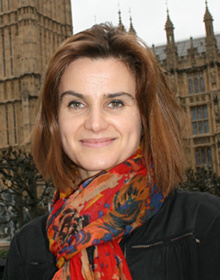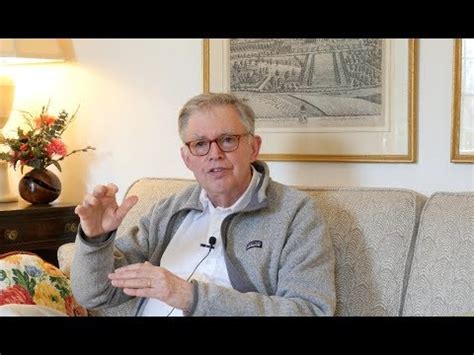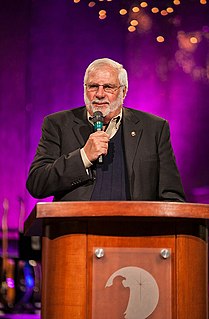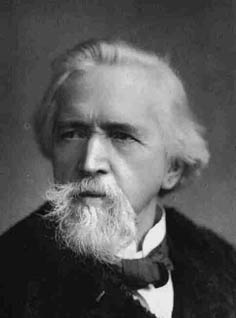A Quote by D. H. Lawrence
We have to hate our immediate predecessors, to get free from their authority.
Related Quotes
There is no hate without fear. Hate is crystallized fear, fear's dividend, fear objectivized. We hate what we fear and so where hate is, fear is lurking. Thus we hate what threatens our person, our liberty, our privacy, our income, our popularity, our vanity and our dreams and plans for ourselves. If we can isolate this element in what we hate we may be able to cease from hating... Hate is the consequence of fear; we fear something before we hate; a child who fears noises becomes the man who hates them.
I can not but hate the prospect of slavery's expansion. I hate it because of the monstrous injustice of slavery itself. I hate it because it deprives our republican example of its just influence in the world-enables the enemies of free institutions, with plausibility, to taunt us as hypocrites-causes the real friends of freedom to doubt our sincerity.
People need immediate places to refresh, reinvent themselves. Our surroundings built and natural alike, have an immediate and a continuing effect on the way we feel and act, and on our health and intelligence. These places have an impact on our sense of self, our sense of safety, the kind of work we get done, the ways we interact with other people, even our ability to function as citizens in a democracy. In short, the places where we spend our time affect the people we are and can become.
The left's propulsion is hate, and they have to have an outlet for the hate. They hate so much. They hate many elements of America. They hate people that don't think the way they do. It's not just that they disagree, they hate, and this energy requires action. People on the right, they don't hate anybody. We want everybody to get along, when you get right down to it. We're Rodney King types, actually.
We have been discussing sin and the carnal nature from which disciples are getting free. However, we cannot get free by our own strength from these things. It takes our will to want to get free in order to please the Lord and be delivered from what is bringing so much death upon the world. However, we need God's grace and His power to live free of these things.
The Louvre is the book in which we learn to read. We must not, however, be satisfied with retaining the beautiful formulas of our illustrious predecessors. Let us go forth to study beautiful nature, let us try to free our mids from them, let us strive to express ourselves according to our personal temperaments. Time and reflection, moreover, little by little modify our vision, and at last comprehension comes to us.
Free thought means fearless thought. It is not deterred by legal penalties, nor by spiritual consequences. Dissent from the Bible does not alarm the true investigator, who takes truth for authority not authority for truth. The thinker who is really free, is independent; he is under no dread; he yields to no menace; he is not dismayed by law, nor custom, nor pulpits, nor society-whose opinion appals so many. He who has the manly passion of free thought, has no fear of anything, save the fear of error.





































